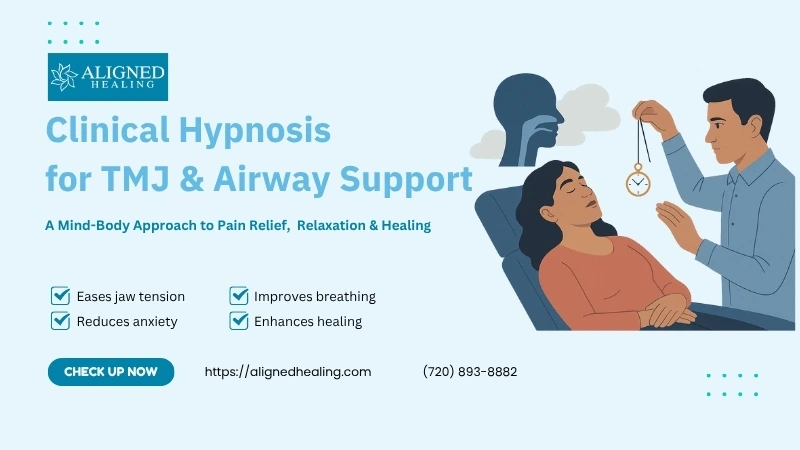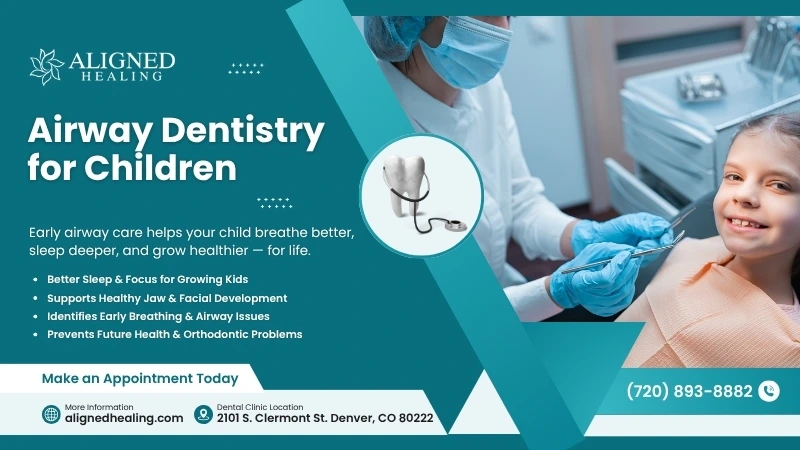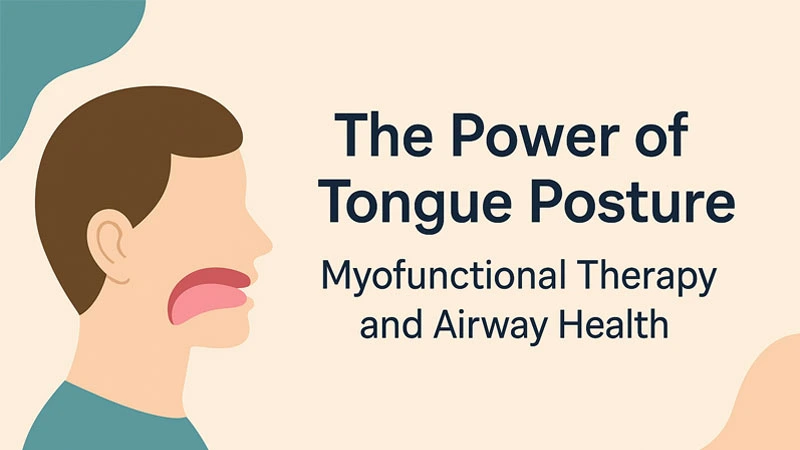Summary
The emerging links between sleep apnea, cognitive decline, and Alzheimer's underscore the importance of awareness, timely diagnosis, and effective treatment. By understanding the broader effects of this condition, we can take proactive steps to safeguard our cognitive health and overall well-being.
Obstructive sleep apnea (OSA) is a prevalent sleep disorder characterized by repeated interruptions in breathing throughout the sleep cycle.
While the most recognized symptoms include loud snoring and chronic fatigue, emerging research suggests that OSA may also be associated with cognitive decline and Alzheimer’s disease.
As a dental office specializing in treatments for OSA, we believe it is crucial to shed light on this connection and emphasize the importance of early diagnosis and intervention.
Understanding Obstructive Sleep Apnea (OSA)
Before diving into the relationship between OSA and cognitive health, it’s essential to understand what OSA is. In individuals with OSA, the muscles at the back of the throat fail to keep the airway open, despite the effort to breathe.
This results in a decrease in oxygen levels in the blood, causing individuals to wake up frequently throughout the night. These disruptions not only lead to poor sleep quality but may also have profound effects on brain health.
The Association Between OSA and Cognitive Decline
Several studies have indicated a link between OSA and cognitive impairment. The exact mechanisms remain a subject of research, but some proposed theories include:
Oxygen Deprivation: Repeated episodes of decreased oxygen levels can lead to damage in the brain regions crucial for memory and cognition.
Disrupted Sleep: REM sleep plays a pivotal role in memory consolidation. With OSA interrupting this sleep phase, it can lead to memory problems over time.
Chronic Inflammation: OSA can lead to an increase in inflammatory markers, which, in excess, can damage brain cells and lead to cognitive decline.
OSA and Alzheimer’s Disease
Alzheimer’s disease is a progressive brain disorder that impairs memory and cognitive functions. Intriguingly, studies have found that individuals with OSA are more likely to have biomarkers associated with Alzheimer’s.
Moreover, some research suggests that untreated OSA can accelerate the onset of Alzheimer’s symptoms.
A significant connection lies in the buildup of amyloid-beta, a protein associated with Alzheimer’s. Beta-amyloid (often referred to as Aβ or amyloid-beta) is a protein fragment that naturally forms in the brain.
In healthy individuals, these protein fragments are broken down and eliminated.
In Alzheimer’s patients, however, they accumulate to form hard, insoluble plaques.
People with OSA appear to have increased amyloid deposits in the brain. While the presence of these proteins doesn’t confirm Alzheimer’s, it does indicate a higher risk for the disease.
Importance of Early Diagnosis and Treatment
Given the potential risks associated with untreated OSA, early diagnosis and intervention become paramount. By addressing OSA, one may not only improve sleep quality but also potentially reduce the risk of cognitive decline and Alzheimer’s.
Dentists play a unique role in the diagnosis and management of OSA. Many patients may not recognize the symptoms of OSA or might not consider seeing a sleep specialist.
However, during regular dental visits, dentists can screen for signs of sleep apnea, like teeth grinding or a scalloped tongue. If symptoms or signs are noted, patients can be scheduled for a sleep assessment and formal sleep study.
In terms of treatment, here at Aligned Healing, Dr. Safavi can provide oral appliance therapy, an effective alternative to the commonly prescribed continuous positive airway pressure (CPAP) machine. These oral devices are designed to reposition the lower jaw and tongue to keep the airway open during sleep.
Conclusion
While OSA is primarily viewed as a sleep disorder, its potential implications extend far beyond disrupted sleep.
The emerging links between OSA, cognitive decline, and Alzheimer’s underscore the importance of awareness, timely diagnosis, and effective treatment. By understanding the broader effects of this condition, we can take proactive steps to safeguard our cognitive health and overall well-being.
Prioritizing good sleep is integral to maintaining optimal brain and overall health.
If you suspect you may have sleep issues, early detection and intervention are essential. As dental professionals, we emphasize the interconnectedness of oral and overall health and encourage everyone to be proactive in their health management.
If you exhibit symptoms like pronounced snoring, daytime fatigue, or other sleep disturbances, we recommend scheduling an appointment with our office.
To learn how we can help you, please call (303) 226-6265 to schedule an appointment.







